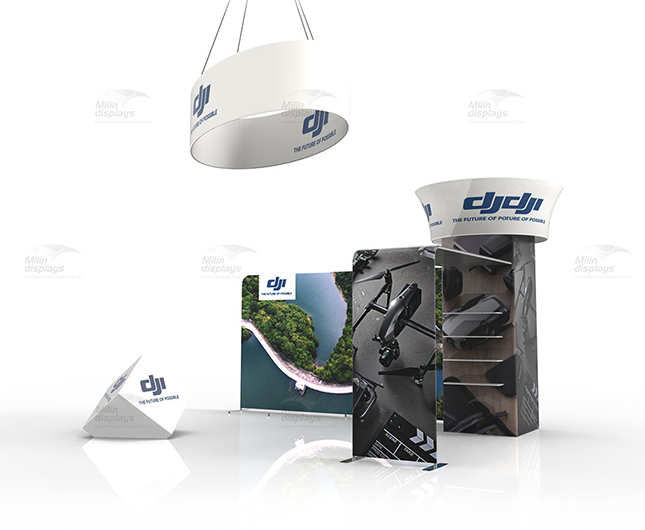The first time we saw the proposition of a hitch-mounted vehicle tent, it felt like an idea that was DOA. But perhaps it was just in need of some development and refinement. Tinkerers and companies, including global brand name Thule, keep resuscitating it, hellbent on creating a better alternative to the rooftop tent (RTT).
This go-round, startup U-rang is putting out its own iteration of the hitch tent, folding an inflatable two-person tent into a rugged wheeled box that hitches up and rides to camp. The Hitch Home, as they call it, sets up in as little as three minutes and detaches from the hitch to keep camp in order during vehicular day outings. Pergola Canopy

The way U-rang sees it, the rooftop tent is overloaded with inconveniences, most notable of which being that you have to pack the tent up, essentially breaking down camp, in order to leave with the vehicle. Either that, or you simply don't drive the vehicle anywhere and leave the RTT set up.
U-rang also notes the aerodynamic inefficiencies of mounting a big tent on the vehicle roof, the inability to use the sunroof with a tent hovering over it, and the safety and inconvenience issues brought about by camping high off the ground up a ladder (the dreaded midnight pee is a good example of "inconveniences" that pops to mind immediately).
So U-rang goes the hitch tent route, creating a different spin on the concept from what we've seen previously. It uses inflatable construction in an effort to make a tent that fits comfortably on the hitch and sets up quickly and easily like an RTT.
Since it's no light, tiny backpacking tent, the company stores it in a large wheeled cargo box for easier transport. Keep the Hitch Home box in a corner of the garage with your other camping gear, then simply roll it right to the 2-in Class III vehicle hitch receiver, where it's secured in place, flipped up into travel mode and ready to ride.
At camp, the deflated tent fabric folds out and sets up atop the storage box and a separate collapsible support stand, inflating in minutes via the included 12-V pump. That inflation includes an integrated air mattress, as well as the air tube frame.
The need for a tent support frame seems a little rough and unpolished to us, and we'd think this product would better meet its brief if the support was integrated into the tent storage box itself. Perhaps the tent could stand atop the open lid and use adjustable-length folding legs for support. U-rang already includes spring extension legs on the base of the box, and if it added them to the lid, it could perhaps present a cleaner, more all-in-one design.
Further roughening the Hitch Home's current design, U-rang has separate elements meant to be installed independently depending on weather. For instance, there's a weatherproof roof fly, fly walls, a front awning and what the company calls a "shelter," something of an all-season over-tent that adds better weather protection.
So if the weather is supposed to be bad – or if it's actively raining on your face while you're trying to make camp – your set-up will be more difficult and time-consuming than that quick fold-and-pump U-rang is advertising. Photos of just the roof fly show the need for poles and guy lines, making it more similar to pitching a ground tent than a rooftop tent.
Rooftop tents may not be perfect, but they do typically have their various rain flies (or hardshell roofs) and small door awnings preinstalled so that you can pitch everything all at once without a bunch of fabric zipping and ground staking.
U-rang plans two versions of the Hitch Home: a 77-lb (35-kg) two-person model and a 99-lb (45-kg) four-person. Kickstarter pledge levels start at US$2,690 for the two-person and $3,190 for the four-person, and U-rang offers several different kits depending upon how much weather protection is desired.
We appreciate camping alternatives, but we're not sure we see the argument for this one. It's just as expensive as a rooftop tent and more time-consuming to set up to the same level of weather protection. And if the high, non-detachable (while camping) nature of the rooftop tent is a turn-off, you could save a lot of money with a simple ground tent, sleeping on a cot if you prefer to get up off the ground.

Pergola Canopy But as often happens, Kickstarter seems to disagree, having already pushed the Hitch Home well beyond its $10,000 goal. The campaign still has 53 days left to go, and U-rang hopes to begin deliveries in July so backers can be Hitch Homing by the heart of summer camping season.